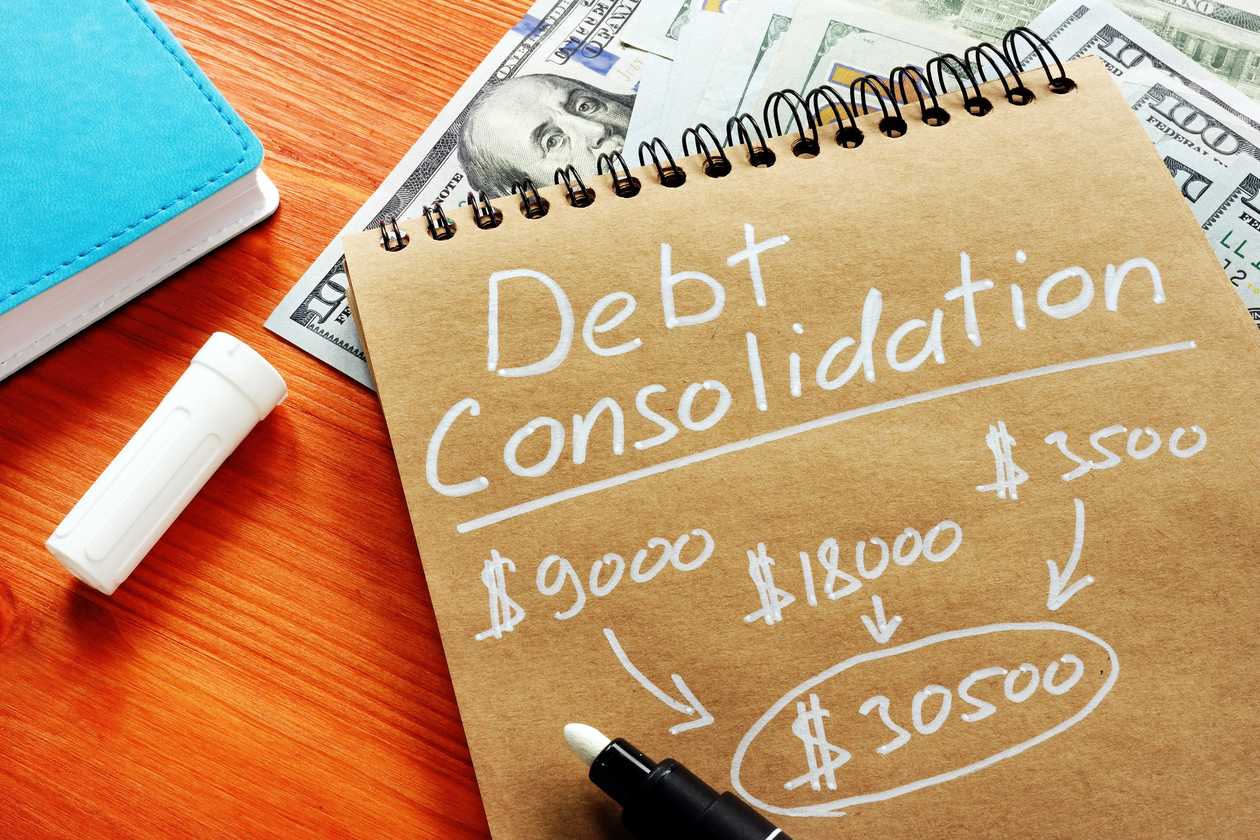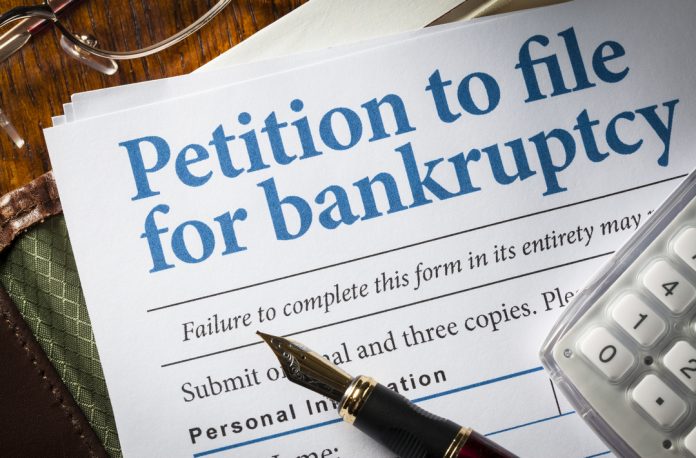Introduction
Payday loans have gained notoriety as a quick-fix solution for financial emergencies. These short-term, high-interest loans are marketed as an easy way to get fast cash when you need it most. However, the convenience of payday loans comes with significant risks and costs. This guide will delve into what payday loans are, how they work, their pros and cons, and safer alternatives for managing financial difficulties.
What are Payday Loans?
Payday loans are short-term, high-interest loans typically due on your next payday. They are designed for people who need immediate cash to cover emergency expenses. The loan amounts are usually small, ranging from $100 to $1,500, and the repayment period is short, often two weeks to a month.
How Payday Loans Work
1. Application Process
Applying for a payday loan is relatively straightforward. You can apply online or in-store at a payday lender. The application typically requires:
- Proof of income (pay stubs)
- Valid ID
- Active bank account
- Contact information
2. Approval and Disbursement
Approval is often quick, with some lenders approving loans within minutes. Once approved, the loan amount is deposited directly into your bank account, or you may receive cash if applying in person.
3. Repayment
Repayment is due on your next payday. You can repay the loan via a post-dated check, automatic bank withdrawal, or cash. If you can’t repay the loan on time, you may have the option to roll it over, which involves paying additional fees to extend the due date.
Pros and Cons of Payday Loans
Pros
- Fast Access to Cash: Payday loans provide quick access to money, which can be crucial in emergencies.
- Easy Qualification: Minimal requirements make payday loans accessible to individuals with poor credit.
- No Credit Check: Most payday lenders do not perform a credit check, making it easier for those with bad credit to qualify.
Cons
- High Interest Rates: Payday loans come with exorbitant interest rates, often equating to an annual percentage rate (APR) of 400% or higher.
- Short Repayment Period: The short repayment term can make it difficult to repay the loan on time, leading to rollover fees.
- Debt Cycle: Borrowers often fall into a cycle of debt due to the high costs and short repayment terms, continually rolling over loans and accruing fees.
- Potential for Overdraft Fees: Automatic bank withdrawals for loan repayment can result in overdraft fees if your account balance is insufficient.
The True Cost of Payday Loans
The high-interest rates and fees associated with payday loans can make them incredibly expensive. For example, borrowing $500 with a $75 fee due in two weeks results in an APR of over 391%. If you roll over the loan, the costs escalate, creating a debt trap.
Alternatives to Payday Loans

Considering the high costs and risks, exploring alternatives to payday loans is advisable. Here are some safer options:
1. Personal Loans
Personal loans from banks or credit unions often come with lower interest rates and longer repayment terms compared to payday loans. While they may require a credit check, they are a more affordable option for most borrowers.
2. Credit Card Cash Advances
While not ideal due to high interest rates and fees, credit card cash advances are usually cheaper than payday loans. Use them sparingly and repay the balance as quickly as possible.
3. Borrow from Friends or Family
If possible, borrowing from friends or family can be a low-cost alternative. Ensure clear terms are set to avoid potential conflicts.
4. Local Assistance Programs
Many communities offer emergency assistance programs for those in financial distress. Check with local charities, non-profits, and government agencies for help.
5. Paycheck Advance
Some employers offer paycheck advances to employees in need. This allows you to borrow against your next paycheck without the high costs associated with payday loans.
Tips for Managing Financial Emergencies
1. Build an Emergency Fund
Creating an emergency fund can help you avoid the need for payday loans. Aim to save three to six months’ worth of living expenses.
2. Budgeting
Developing and sticking to a budget can help you manage your finances better and prepare for unexpected expenses.
3. Reduce Expenses
Identify and cut unnecessary expenses to free up funds for emergencies. Small changes can add up over time.
4. Seek Financial Counseling
Financial counselors can help you develop a plan to manage your money, reduce debt, and build savings. Many non-profits offer free or low-cost counseling services.
Legal Regulations and Consumer Protections
Payday loans are heavily regulated in many states to protect consumers from predatory lending practices. Regulations may include:
- Interest Rate Caps: Limits on the maximum interest rate lenders can charge.
- Loan Amount Limits: Caps on the amount that can be borrowed.
- Repayment Terms: Minimum and maximum loan terms to ensure fair repayment periods.
- Rollover Restrictions: Limits on the number of times a loan can be rolled over.
Despite these regulations, payday lenders often find ways to circumvent the rules, so it’s essential to understand your state’s laws and your rights as a borrower.
How to Avoid Payday Loan Scams
Unfortunately, the payday loan industry is rife with scams. To protect yourself, follow these tips:
- Verify the Lender: Ensure the lender is licensed and reputable. Check reviews and complaints online.
- Read the Fine Print: Understand all terms, fees, and conditions before signing a loan agreement.
- Avoid Upfront Fees: Legitimate lenders do not require upfront fees for loan approval.
- Secure Websites: When applying online, ensure the website is secure and encrypted.
Conclusion
While payday loans can provide quick cash in an emergency, their high costs and risks make them a last resort. Understanding the true cost of these loans and exploring safer alternatives can help you manage financial emergencies more effectively. Building an emergency fund, budgeting, and seeking financial counseling are proactive steps that can prevent the need for payday loans and help you achieve long-term financial stability.
FAQs
Q1: What is the typical interest rate for payday loans? A: Payday loan interest rates are extremely high, often equating to an APR of 400% or more.
Q2: Can I get a payday loan with bad credit? A: Yes, payday loans are accessible to individuals with poor credit since most lenders do not perform credit checks.
Q3: What happens if I can’t repay my payday loan on time? A: If you can’t repay on time, you may be charged additional fees and interest. This can lead to a cycle of debt where you continually roll over the loan and incur more costs.
Q4: Are payday loans legal in all states? A: No, payday loan regulations vary by state. Some states have banned them outright, while others have implemented strict regulations to protect consumers.
Q5: How can I get out of a payday loan cycle? A: Consider alternatives like personal loans, credit card advances, borrowing from friends or family, and seeking help from local assistance programs. Developing a budget and building an emergency fund can also help prevent future reliance on payday loans.



